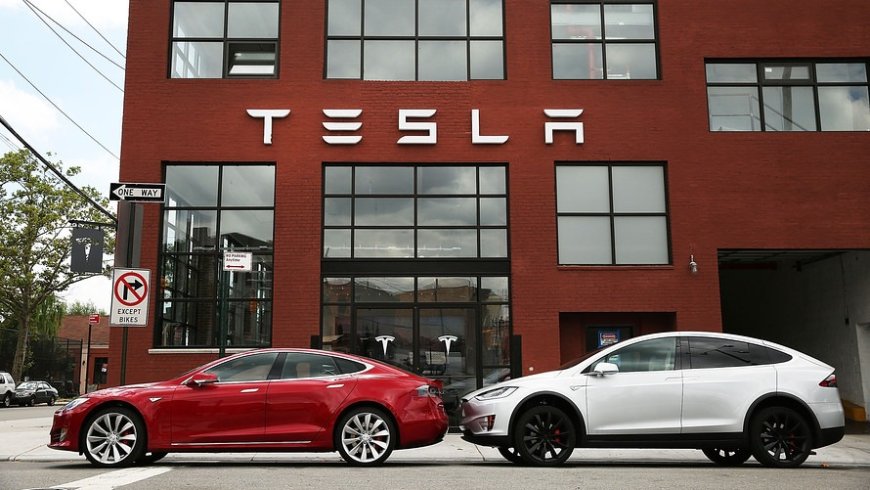Tesla Reports 27% Increase in 3Q Sales, But Falls Short of Analyst Expectations
Tesla reports a remarkable 27% increase in 3Q deliveries, though slightly below projections. Price adjustments and planned upgrades play a pivotal role.

Tesla, the trailblazing electric vehicle manufacturer, revealed a notable 27% increase in deliveries for the third quarter of this year, totaling 435,059 vehicles. This surge, while impressive, fell slightly short of the predictions made by analysts. This deviation can be attributed to deliberate price adjustments and planned upgrades to Tesla's manufacturing facilities.
The cornerstone of Tesla's sales remains its immensely popular Model 3 and Model Y vehicles. These models have been made even more appealing to consumers due to strategic price reductions. However, this pricing strategy has inevitably impacted the company's profit margins. Notably, the third-quarter sales figures represented a marginal dip from the preceding quarter, during which Tesla successfully delivered 466,140 vehicles.
Tesla clarified that this sequential decline was a deliberate move, as the company opted for scheduled factory downtime to implement necessary upgrades. During the same quarter, Tesla reported the production of 430,488 vehicles, slightly below the total number delivered.
In order to meet the ambitious goal set by CEO Elon Musk - a 50% annual increase in sales - Tesla needs a robust performance in the final quarter of 2023. This translates to the sale of approximately 1.97 million vehicles by year-end. While the company has successfully delivered over 1.3 million vehicles in the first three quarters, analysts foresee a total of 1.84 million vehicles for the full year.
Throughout the year, Tesla has proactively adjusted prices to maintain its competitive edge in a market where other automakers are increasingly shifting towards electric vehicles. Discounts range from $4,400 on popular models to as much as $20,000 on higher-end variants.
The repercussions of these cost-cutting measures on Tesla's profit margins will be unveiled on October 18, when the company is scheduled to release its third-quarter earnings report. Despite the associated pressure on profits, Tesla's stock price has nearly doubled this year. This surge can be attributed in part to agreements allowing competitors like General Motors and Ford to leverage Tesla's charging network.
Furthermore, Tesla is poised to indirectly benefit from an ongoing labor strike that has impacted GM, Ford, and Stellantis factories. The United Auto Workers union has advocated for substantial wage increases, potentially leading to higher vehicle prices for these automakers. This is a challenge that Tesla, with its non-unionized workforce, is not currently contending with.
The UAW is also advocating for higher wages and union representation at factories producing electric vehicle batteries, demands that domestic automakers are contesting in their efforts to remain competitive in this rapidly evolving market.
Also Read: Wall Street Surges: Tesla Leads Megacap Rally; Focus Shifts to Upcoming Inflation Data

































































